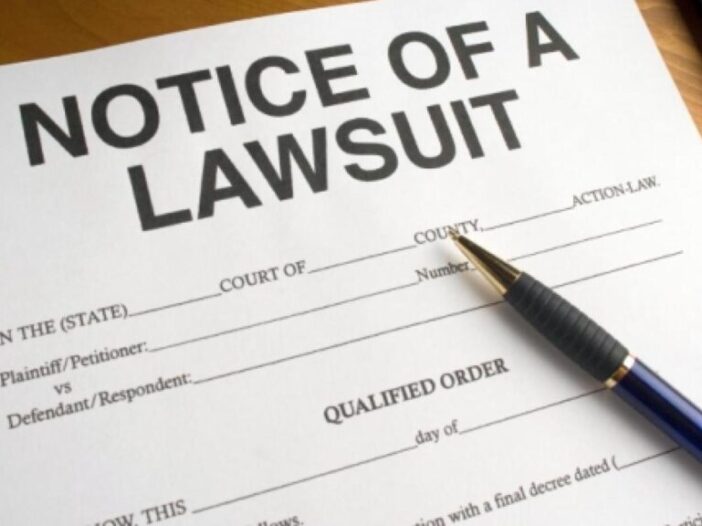
If you are someone facing criminal charges and are wondering whether you can be sued in civil court at the same time, the answer is: yes. A case can be both civil and criminal because these two legal proceedings have different standards. It is possible for someone to break the law, face those associated charges, and also receive notice that they are being sued by a victim from that event.
If this sounds like a situation you or someone you love is going through, it is strongly urged that you get legal help immediately. In fact, if you are reading this now and the information above applies, then you should be calling a lawyer as soon possible.
If you think you can handle these two serious cases by representing yourself, please know that saving some money is not worth suffering the worst of the potential consequences. Furthermore, a lawyer is actually often more affordable than people think, and many civil attorneys work on a contingency basis.
How Criminal and Civil Cases Are Not the Same
As the lawyers at Cohen & Cohen can explain, a civil case can develop into a criminal one, and vice versa. The evidence shown in the civil case may prompt an investigation for criminal offenses. A civil trial that releases information about one of the people involved engaging in crime may result in a criminal case being initiated. However, a civil case and criminal case are two separate proceedings. A civil claim will be handled in civil court with its own sets of standards, and a criminal claim will be handled in criminal court, which does not operate in the same way.
There are many differences between criminal and civil cases, some of which are described here:
- A criminal case entails a criminal allegation, and a civil case is based on a civilian wrongdoing. The criminal courts assess whether someone has committed the crime. A civil case is when the victim sues the offender for injuries, damages, and losses that resulted from the criminal event. The offender may have to pay for expenses of the victim related to medical bills, loss of wage from work, property repairs, and more.
- The parties who start the civil and criminal proceeding are different. A state or federal attorney, or prosecutor, can submit paperwork to initiate a criminal proceeding. The victim in the event may know that the offending party committed a crime, but it is the prosecutor who will choose whether to move forward with charges on the criminal level.
- The burden of proof weighs heavier in criminal cases. With a criminal case, the government must show beyond a reasonable doubt that a person committed a crime. This means there is a heavy weight on the prosecution to bring forward evidence that leaves no doubt about the defendant being innocent.
With all this being said, anyone who is facing both a civil and criminal offense are firmly advised to get legal counsel from a reputable law office in their area without a moment of hesitation.